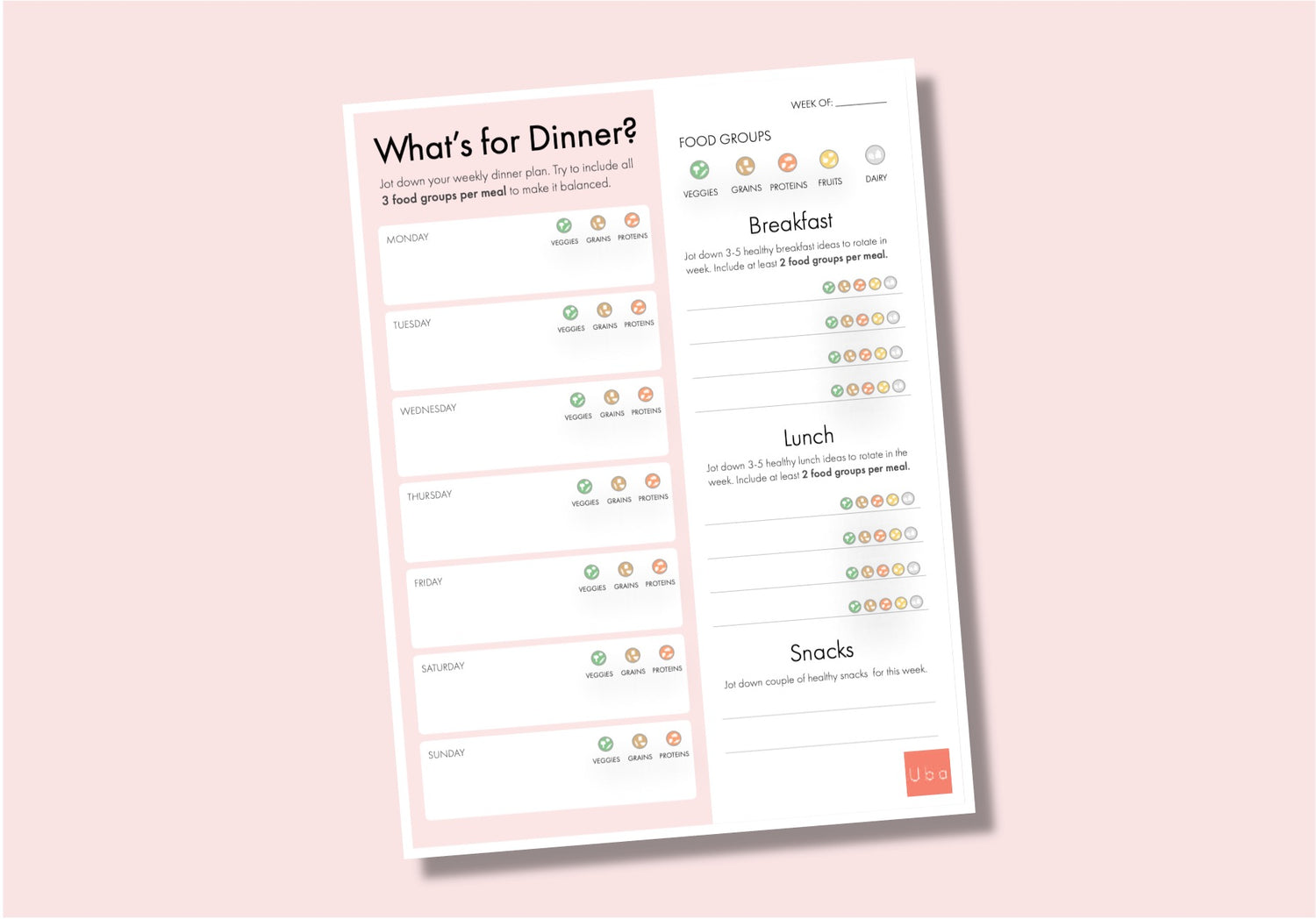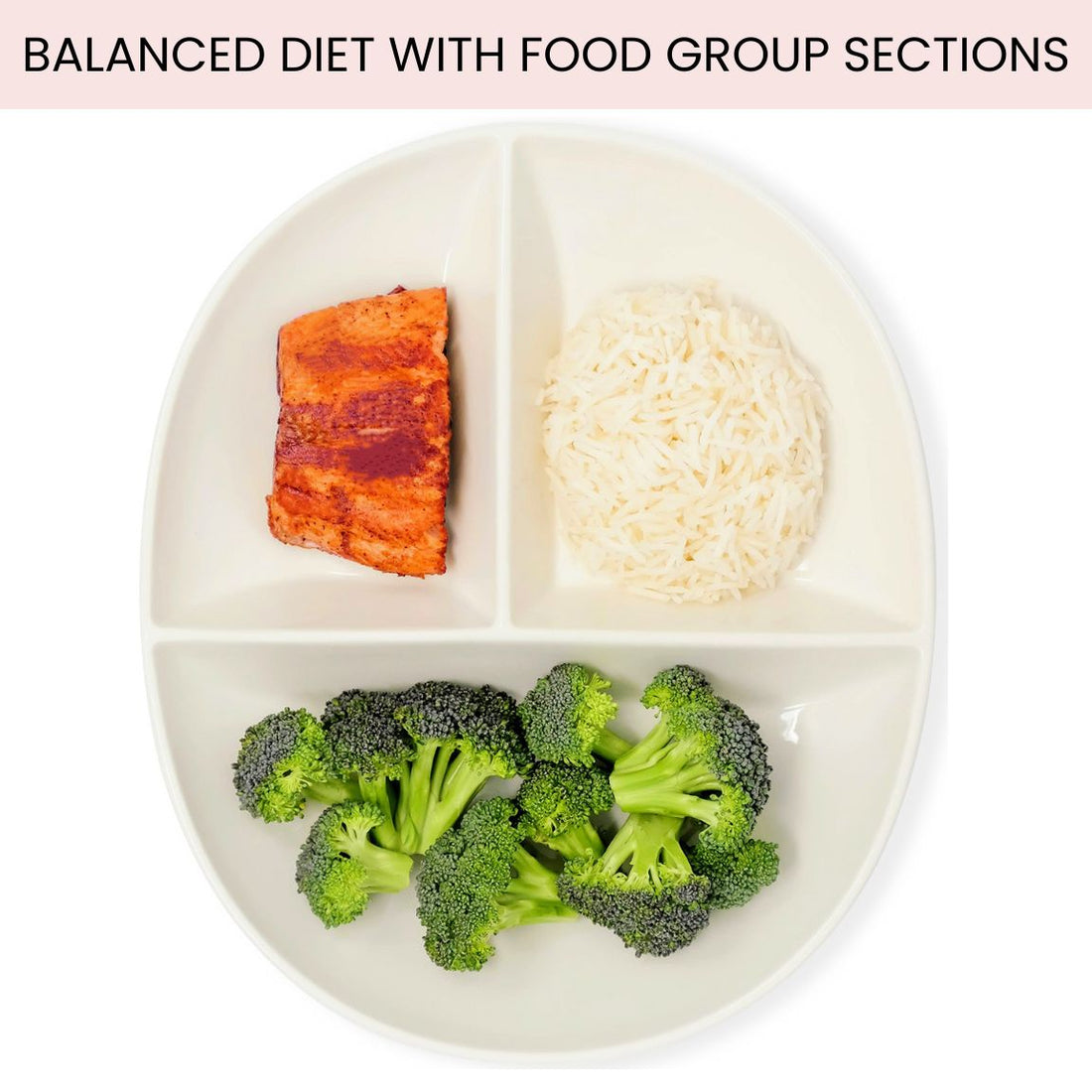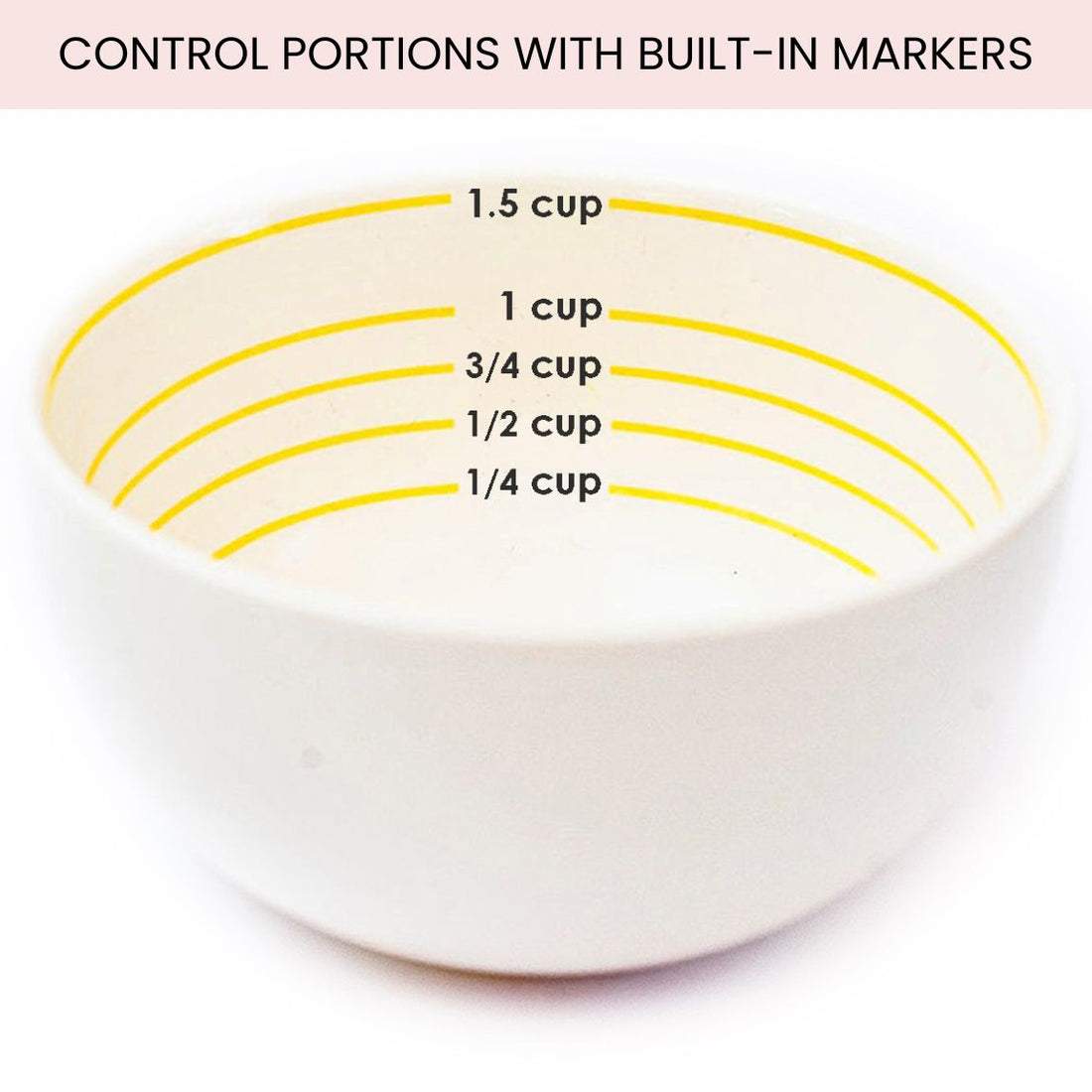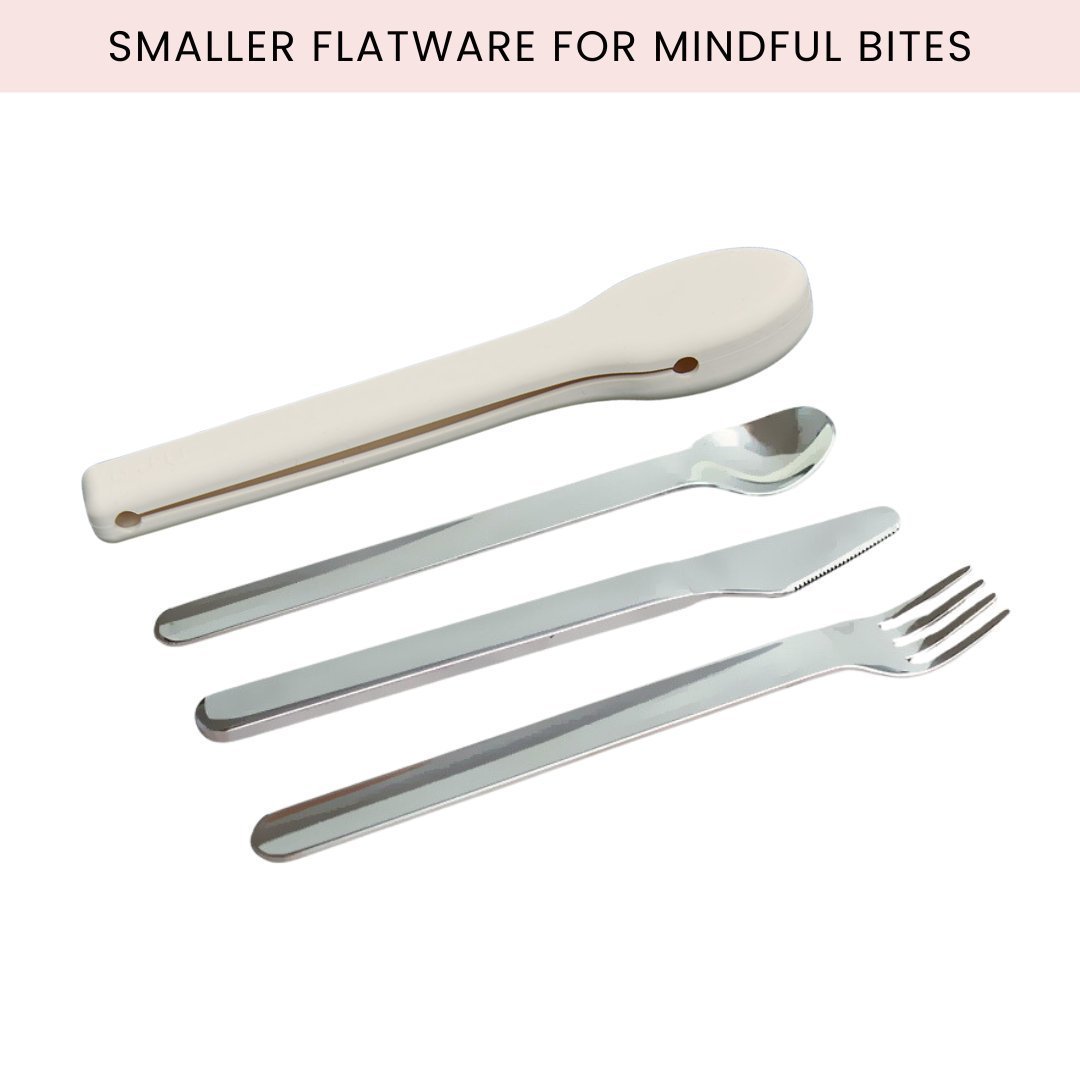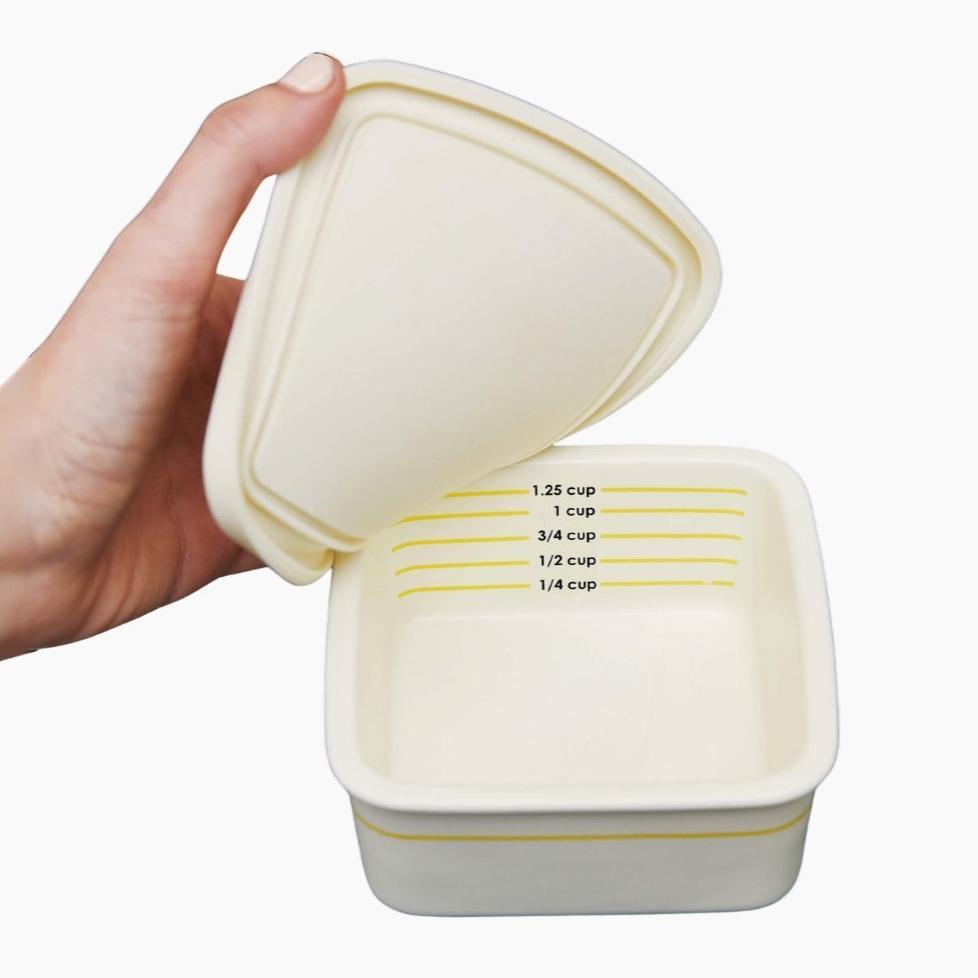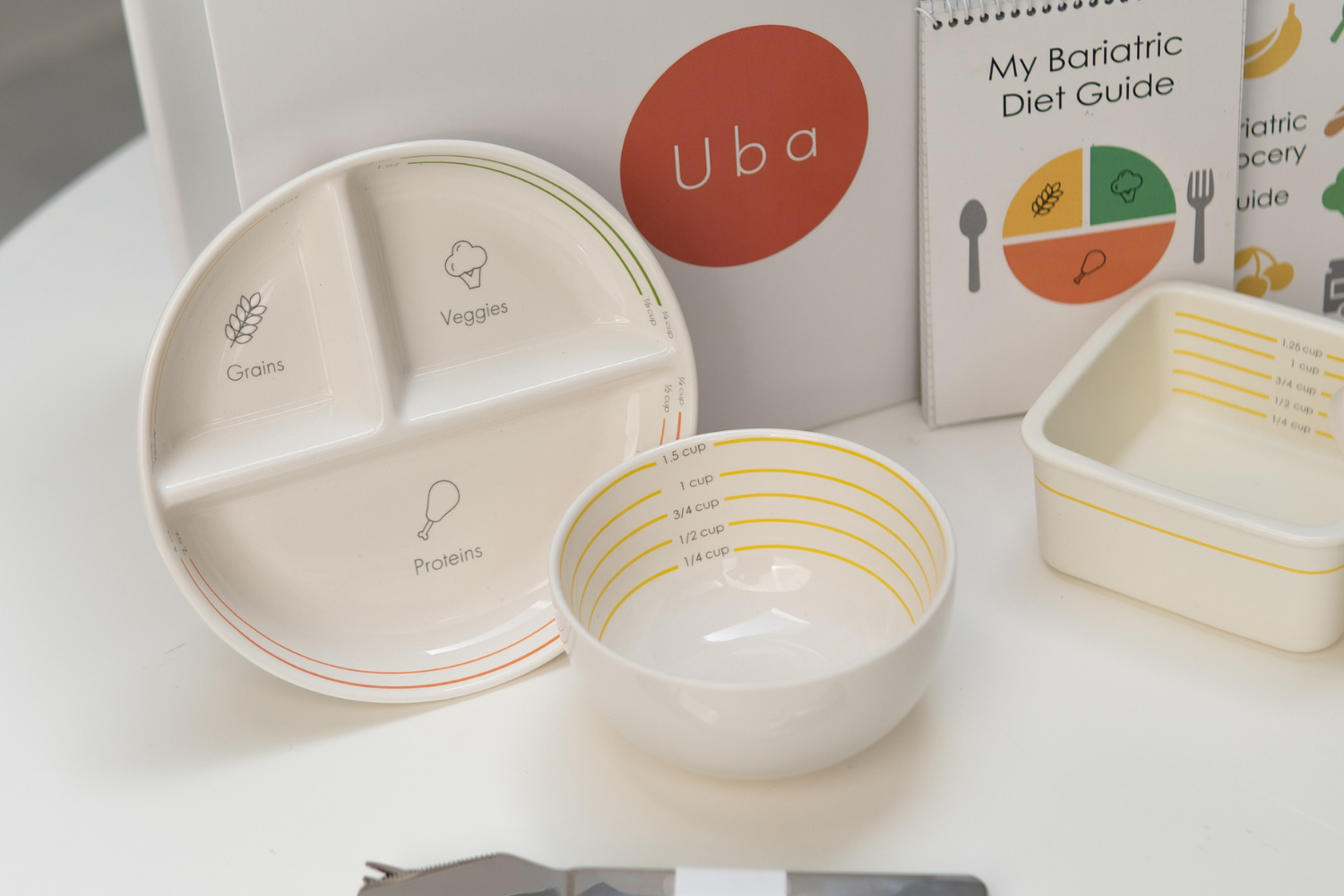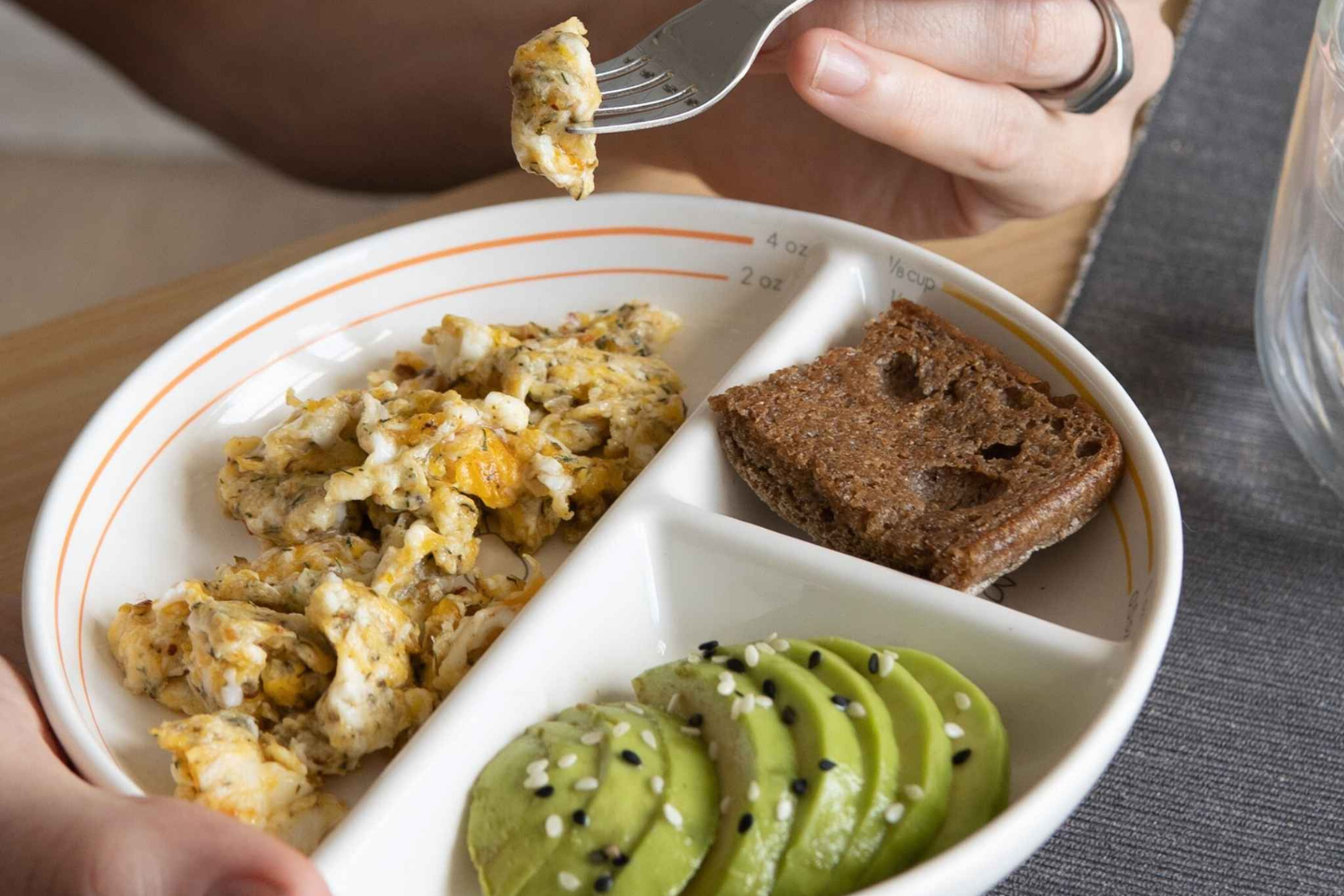Gastric sleeve surgery is a transformative procedure that helps individuals manage weight loss and improve their overall health. However, achieving long-term success with this surgery requires significant dietary adjustments. One of the most important steps post-surgery is learning which foods to avoid to prevent complications, optimize nutrition, and ensure a smooth recovery.
This blog will guide you through the main foods to avoid after gastric sleeve surgery, why they can be harmful, and how making the right food choices will support your journey to a healthier you.
High-Sugar and High-Fat Foods: Why They Should Be Avoided
After gastric sleeve surgery, your stomach is significantly smaller, meaning that every bite counts. High-sugar and high-fat foods are some of the worst choices post-op because they offer little nutritional value and can lead to dumping syndrome, a condition where food moves too quickly from your stomach to your intestines, causing nausea, dizziness, and diarrhea.
| Food Category | Examples | Why to Avoid |
|---|---|---|
| Sugary Snacks | Candies, chocolates, cakes, pastries | Can cause spikes in blood sugar and lead to weight regain |
| Fried and Fatty Foods | French fries, fried chicken, greasy fast food | High in calories and unhealthy fats |
| Sugary Drinks | Sodas, sweetened teas, energy drinks | High in empty calories and can increase the risk of weight gain |
| High-Fat Dairy | Whole milk, cream, high-fat cheese | Loaded with calories and saturated fats |
It’s essential to focus on nutrient-dense, low-calorie foods to make the most of your limited food intake post-surgery.
Carbonated Beverages: Gas, Bloating, and Discomfort
Carbonated beverages like sodas and sparkling waters are a no-go after gastric sleeve surgery. The carbonation can introduce gas into your stomach, leading to bloating and discomfort, which can be particularly painful given your stomach’s reduced size. Even diet sodas should be avoided as they contain artificial sweeteners, which can still trigger cravings for unhealthy foods.
| Food Category | Examples | Why to Avoid |
|---|---|---|
| Sodas and Soft Drinks | Regular and diet sodas | Cause gas, bloating, and can slow down weight loss |
| Alcoholic Beverages | Wine, beer, spirits | High in empty calories and can irritate the stomach lining |
Focus on drinking water, herbal teas, or diluted natural juices instead. Staying hydrated with the right beverages is crucial for your recovery and overall health.
Starchy and Dense Foods: Difficult to Digest
Starchy, dense foods like bread, pasta, and rice can expand in your stomach, making you feel overly full and uncomfortable. Post-surgery, your digestive system needs foods that are easy to process, and these starchy options can be challenging to digest.
| Food Category | Examples | Why to Avoid |
|---|---|---|
| Bread and Pasta | White bread, pasta, bagels | Swells in the stomach, leading to discomfort and poor digestion |
| Rice and Potatoes | White rice, mashed potatoes | Heavy, low in fiber, and offer little nutrients |
| Crackers and Chips | Potato chips, crackers, tortilla chips | High in fat, low in nutrients, and take up valuable stomach space |
Instead of starchy foods, focus on consuming lean proteins, fruits, and vegetables. This will help you meet your nutrient needs without causing discomfort or slowing your recovery.
Raw Vegetables and Tough Meats: Hard to Digest Foods to Avoid
Although vegetables are essential for a balanced diet, raw vegetables can be tough on your digestive system shortly after surgery. It’s important to cook your vegetables until they’re soft to avoid putting unnecessary strain on your stomach. Tough cuts of meat, like steak or pork chops, can also be difficult to digest and should be avoided or eaten in small, tenderized portions.
| Food Category | Examples | Why to Avoid |
|---|---|---|
| Raw Vegetables | Carrots, broccoli, cauliflower (uncooked) | Hard to digest, should be steamed or cooked for easier digestion |
| Tough Meats | Steak, pork chops | Difficult to chew and digest, opt for tender cuts of lean meats |
As you progress in your post-op recovery, you can gradually reintroduce more challenging foods, but always chew thoroughly and eat slowly to prevent discomfort.
Conclusion: Choosing the Right Foods for Post-Op Success
The key to success after gastric sleeve surgery is making mindful food choices that support your recovery and long-term health goals. Avoiding high-sugar, high-fat, carbonated, starchy, and hard-to-digest foods will help prevent discomfort, nutritional deficiencies, and potential complications. By focusing on lean proteins, soft vegetables, and proper hydration, you’ll maximize the benefits of your surgery and promote sustainable weight loss.
It’s also essential to stay hydrated, take your vitamins, and follow your surgeon’s and nutritionist’s advice. Remember that bariatric surgery is a tool, and your diet and lifestyle choices will be the foundation of your long-term success. Making smart decisions about what to eat—and what to avoid—can help you achieve your weight loss and health goals more effectively.


